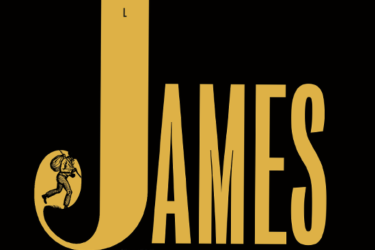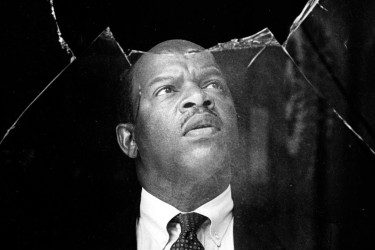The roots of the contemporary conversation about race and fast food begins with the founding of McDonald’s in the 1940s. McDonald’s was able to expand quickly because of the franchising model, which draws upon a deeply American premise: an individual with no formal training or education can become a business owner — maybe even a millionaire — with only an owner’s manual and sheer will.
Franchisees must be prepared to assume the liabilities and risks of business ownership that the corporate heads never have to consider. They have to file a police report after a robbery during the lunchtime rush. They have to determine when to close if a hurricane is coming and then clean up after it hits. They need to know how to respond to upticks in the cost of flour, which leads to hamburger buns cutting deeper into the bottom line.
If the franchisee is a person of color, they are more likely to do business in a community with higher insurance costs or receive less attention from the parent company — despite earning the most profits in their chain’s system.
After segregation was legally dissolved by the Civil Rights Act of 1964, African Americans were still left with a low ceiling hovering over their social and economic mobility. Certain factions of the black freedom movement turned their attention to black capitalism, in an attempt to convert their social gains into economic ones. They looked to black business ownership as a viable way forward. Politicians like Richard Nixon were only too happy to appear to be supporting African Americans by backing initiatives encouraging small business ownership, which provided a pathway for some black fast-food franchise owners to get their start.
In 1968, Herman Petty, the first African American to franchise a McDonald’s restaurant, acquired the keys to a restaurant in one of the many Chicago neighborhoods shaken by the uprising that followed Martin Luther King Jr.’s assassination in 1968. Petty relied on a mix of franchise training and street smarts to turn around the location, and he went on to not only own additional restaurants, but also helped to establish the National Black McDonald’s Operators Association (NBMOA) in 1972. It soon became the black voice within the McDonald’s corporation.
As was the case in Petty’s early years, the overwhelming majority of black franchisees operate businesses in majority black locations, and as fast food became the predominant retail food option in many communities, NBMOA members outperformed their white counterparts. The rapid success of these locations sparked McDonald’s and their competitors to concentrate on black diners, recruit more black franchisees, and commit to developing strategies to cultivate this consumer base.


































